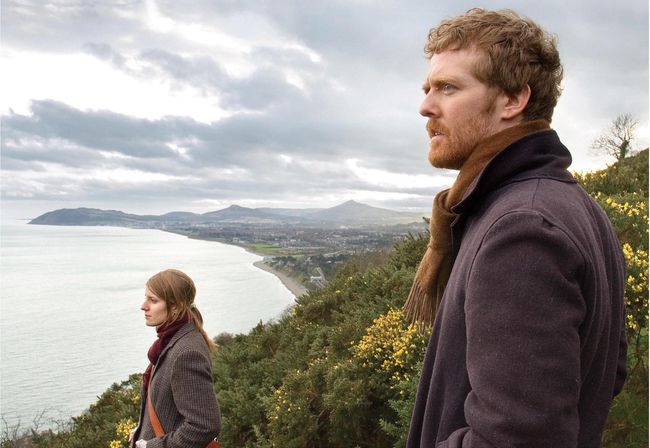昨个晚上把once翻出来看,里面有几句话很有意思。
You are over her. 你翻篇儿了。(你忘掉前女友了。)
还有男主邀请女主回家的时候,还提到了一个hanky-panky。
在http://www.phrases.org.uk/meanings/hanky-panky.html找到了一个英文解释:
Trickery - double dealing. Also, more recently, sexual shenanigans.
(耍花招,麻烦的,最近尤指两性间的鬼把戏。)由此可知这个词可以衍生出暧昧、猫腻、偷偷摸摸、花招、背地做见不得人的勾当、甚至是偷情的意思。但是为什么是这个意思呢?关于这个词的来历如下:
This is one of those nonsense terms that was just made up as having an attractive alliteration or rhyme, like 'the bee's knees', 'the mutt's nuts' etc. The words themselves have no inherent meaning, although it is possible that 'hanky-panky' derives as a variant of 'hoky-poky' or 'hocus-pocus'.
这个词只是由无特殊意义的词构成的一个韵律上比较顺口的词组,组成这个词的两个单词没有独立的固有语义,如果要追究源头,这个词可能是'hoky-poky'或者 'hocus-pocus'(骗人的鬼话)的变体。
The term is first recorded, in relation to its original 'trickery' meaning, in the first edition of 'Punch, or the London Charivari', Vol 1, September 1841:
这个词的第一个意思:耍花招,出现在是1841年的9月出版的Punch杂志第一期。
"Only a little hanky-panky, my lud. The people likes it; they loves to be cheated before their faces. One, two, three - presto - begone. I'll show your ludship as pretty a trick of putting a piece of money in your eye and taking it out of your elbow, as you ever beheld."
The second meaning, which I can't do any better for a definition than to repeat the OED's listing "Sexual activity or dalliance, especially of a surreptitious nature" has been with us since the middle of the 20th century, as here from George Bernard Shaw's play Geneva, 1939:
而第二个意思,与两性有关的,出现在20世纪中叶萧伯纳的戏剧《日内瓦(Geneva)》中,指代两性间的调情,尤指带有鬼鬼祟祟性质的。以下两句是戏文:
She: No hanky panky. I am respectable; and I mean to keep respectable.
He: I pledge you my word that my intentions are completely honorable.
ps:上高中的时候有个老师说,不要觉得一天学一点点很慢,要是一辈子每天都学一点点,那是非常了不起的。这句话送给能看到这篇文章的每个人,也鼓励一下看个电影还能拿个词来学习的自己。
